In our final blog post to mark International Open Access Week, Professor Edwin van Teijlingen, Chair of BU’s REF Outputs Sub-Committee, writes about the role of open access research in supporting the REF and facilitating global development…
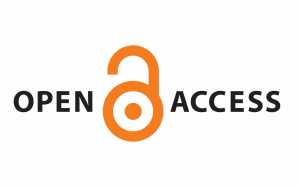 The REF (Research Excellence Framework) is the periodical (every seven years or so) assessment of the quality of research in the UK at universities and research institutes.
The REF (Research Excellence Framework) is the periodical (every seven years or so) assessment of the quality of research in the UK at universities and research institutes.
Every university prepares a submission comprising its best publications, evidence of impact in wider society, and a description of its research environment. The next REF – 2029 – will be in just over four years’ time.
The relevance of open access to the REF is that it is a requirement that academics at UK universities and research institutes make their publications in papers open access. This means making publications available to any reader without them having to pay a fee.
The underlying argument is that publicly funded research, be it funded by charities or by the government, should be freely available for all to read, i.e. for the greater good!
One important side effect of the REF’s push for open access is that people who would otherwise not have access can see and use the research.
The three main groups in my view are those not based at universities with subscriptions to loads of scientific journals:
(1) practitioners, in our field health and social care staff who are not working in universities;
(2) members of the public interested in their own conditions and relevant care;
(3) those involved in patient pressure groups and charities; and
(4) students and academics in low-income countries, such as Nepal and Bangladesh.
These groups are now getting access to up-to-date research findings that otherwise would be hidden behind a paywall.
The latter is of key importance, as Bournemouth University colleagues work in many low-income countries.
For me personally, I have been teaching sessions in Nepal on research methods for nearly two decades and I have noticed the enormous improvement in access to up-to-date research publications amongst students during this period, since some many more international publications are now freely available in Nepal.
It is gratifying to know that Bournemouth University academics, together with colleagues all over the world, are contributing to global development through open access publishing.
Prof. Edwin van Teijlingen
Chair of Bournemouth University REF Outputs Sub-Committee
| Visiting Faculty, Centre for Disability Studies, Mahatma Gandhi University, Kerala, India |
| Honorary Professor, School of Health Sciences, University of Nottingham, UK. |
| Visiting Professor, Nobel College, affiliated with Pokhara University, Nepal. |
| Visiting Professor. Manmohan Memorial Inst Health Sci affiliated with Tribhuvan University, Nepal |
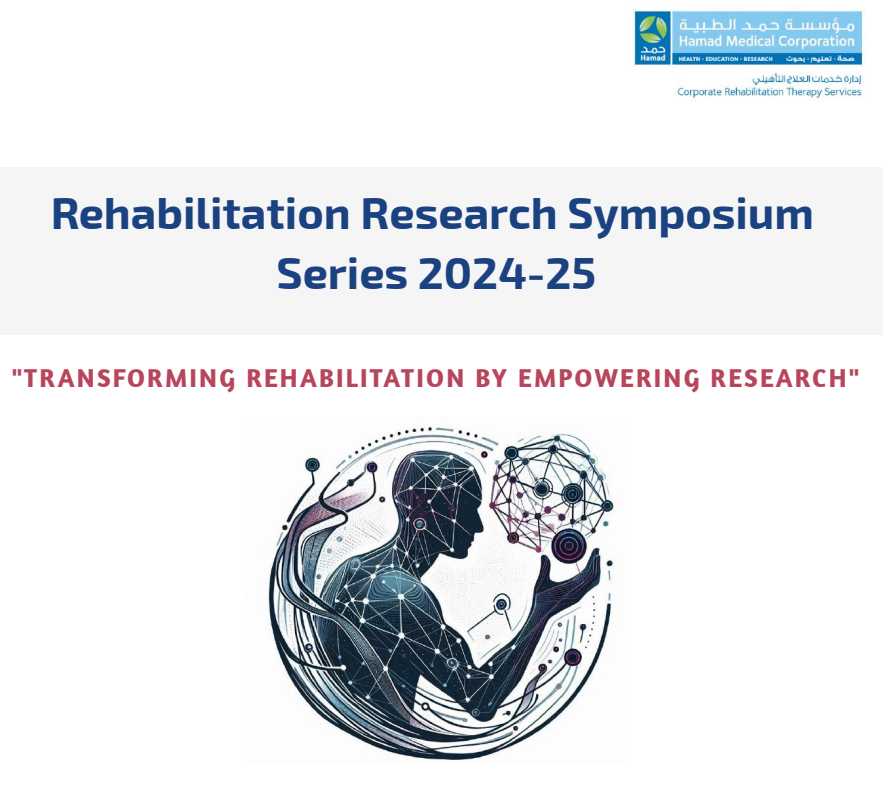 Rehabilitation research has long remained in the shadows of other health/medical disciplines, despite its immense potential to reshape patient outcomes and community health. The Rehabilitation Research Symposium Series in Qatar is a significant initiative aligned with global and national frameworks such as the WHO’s (World Health Organization) Rehabilitation 2030 and Qatar’s National Vision 2030.
Rehabilitation research has long remained in the shadows of other health/medical disciplines, despite its immense potential to reshape patient outcomes and community health. The Rehabilitation Research Symposium Series in Qatar is a significant initiative aligned with global and national frameworks such as the WHO’s (World Health Organization) Rehabilitation 2030 and Qatar’s National Vision 2030.
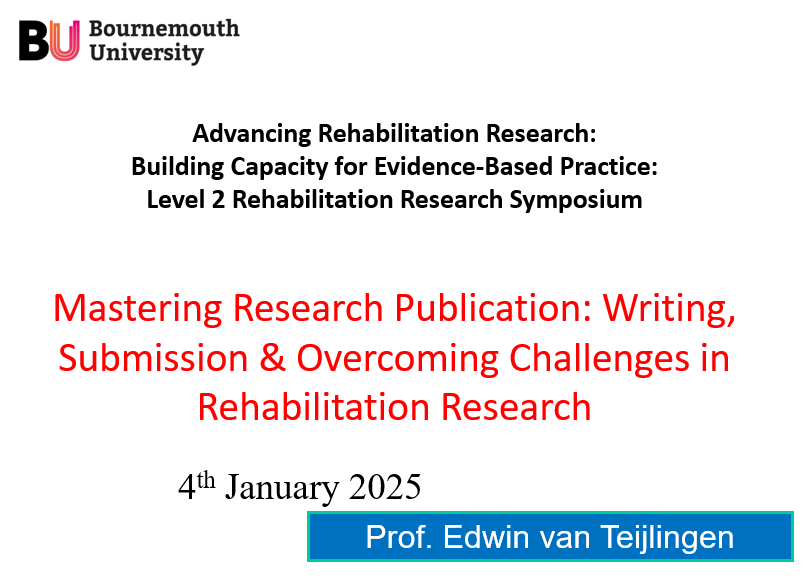
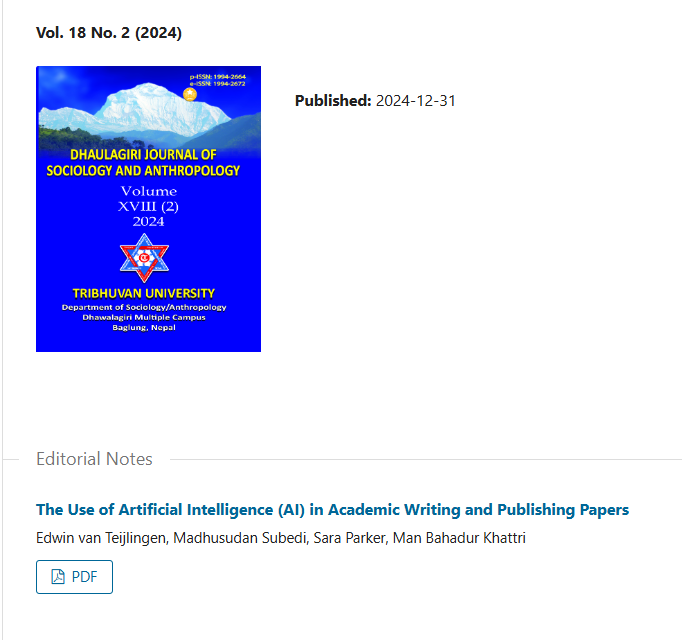

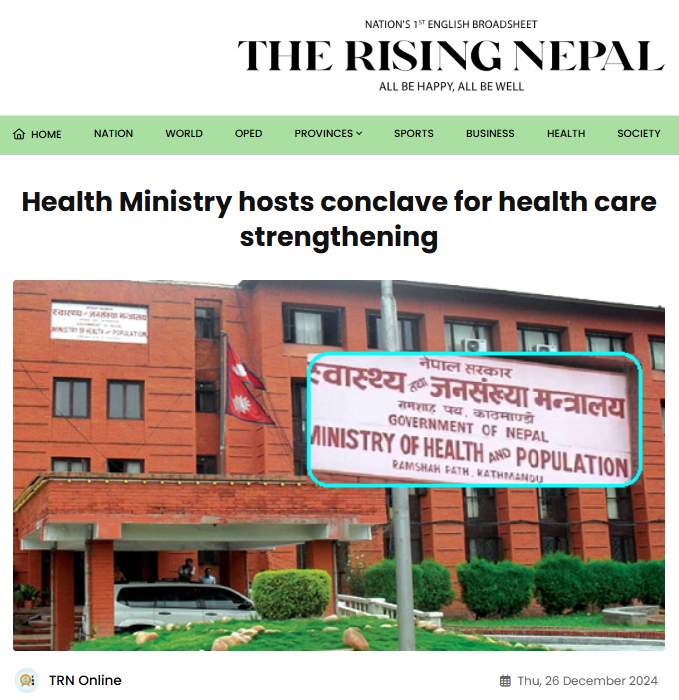
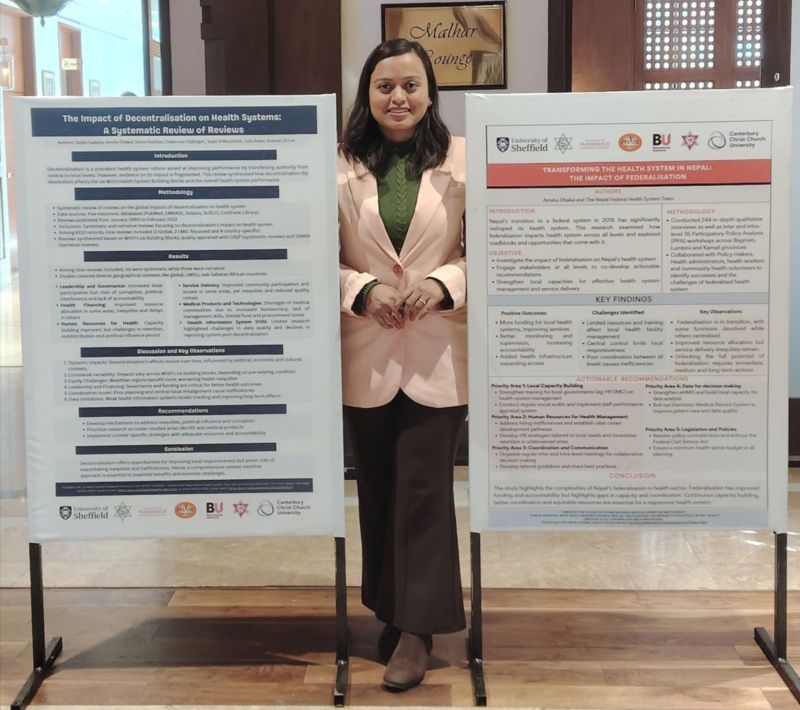
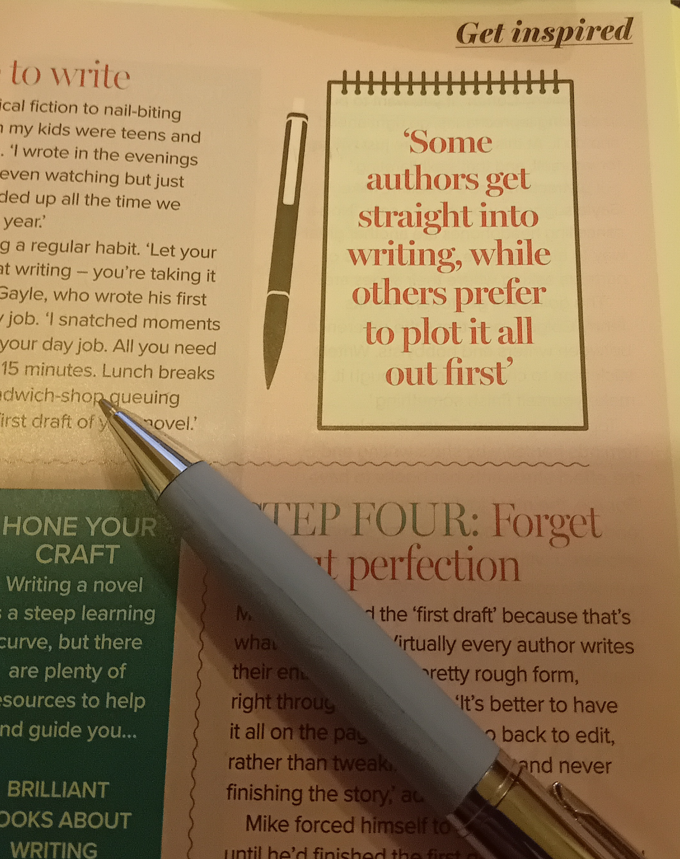
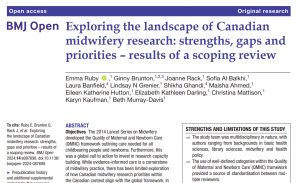

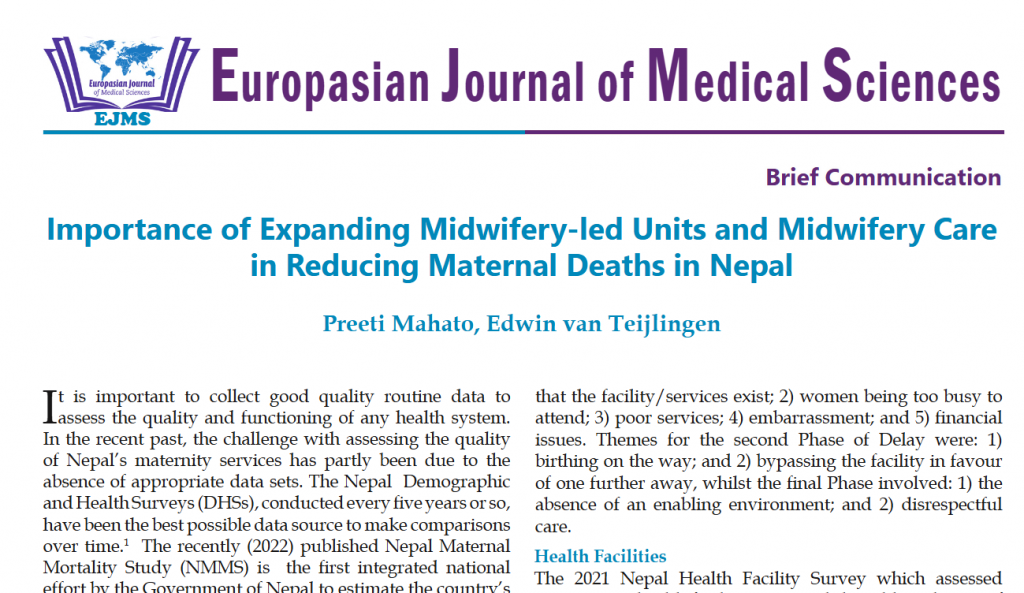
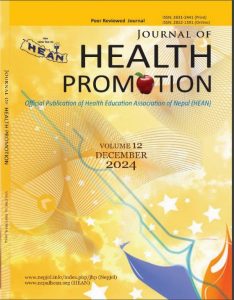
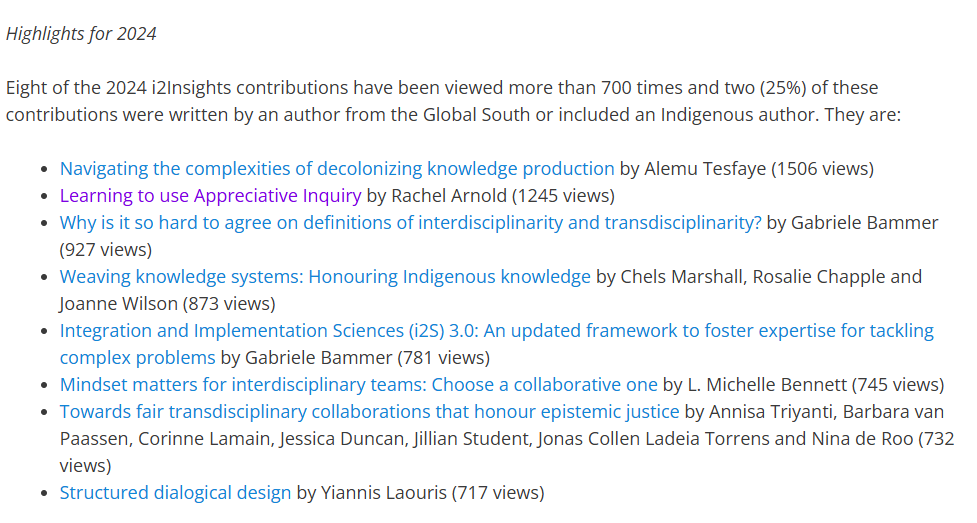
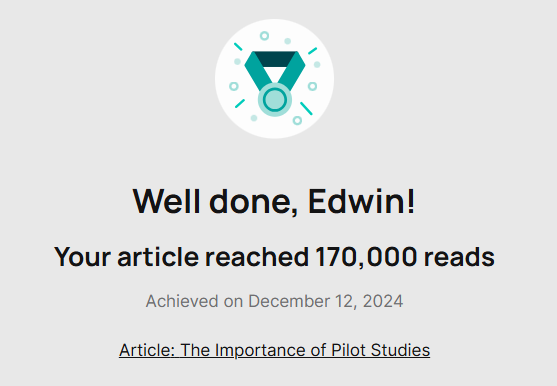
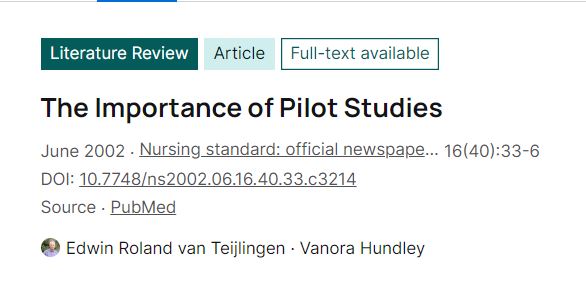
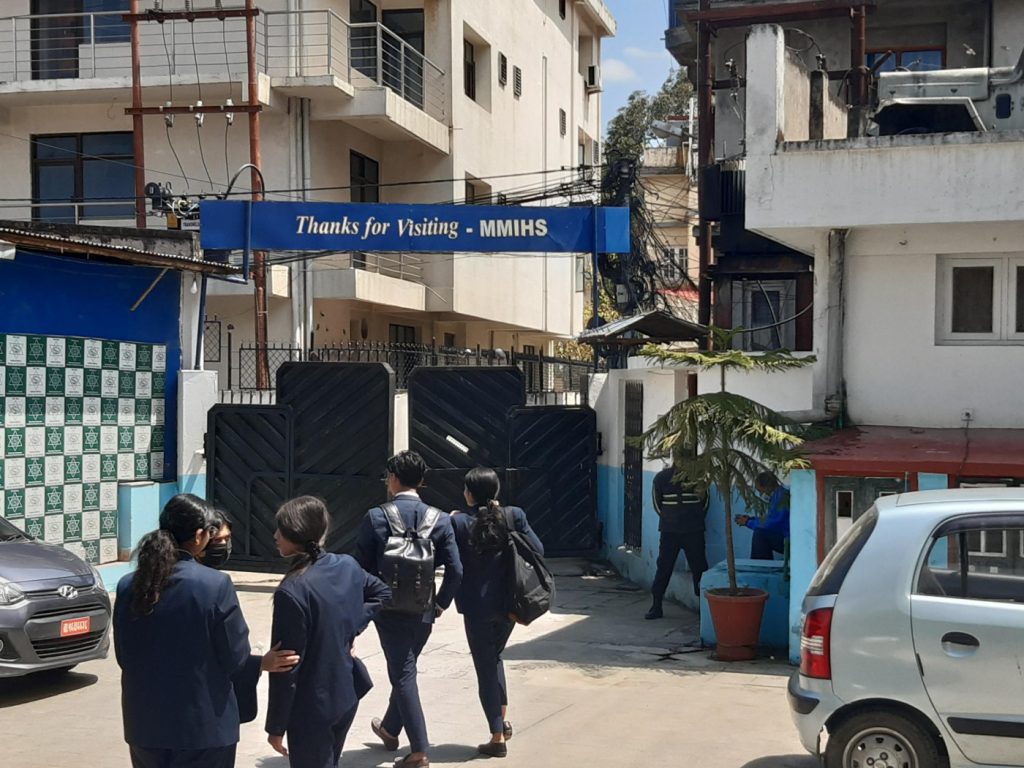
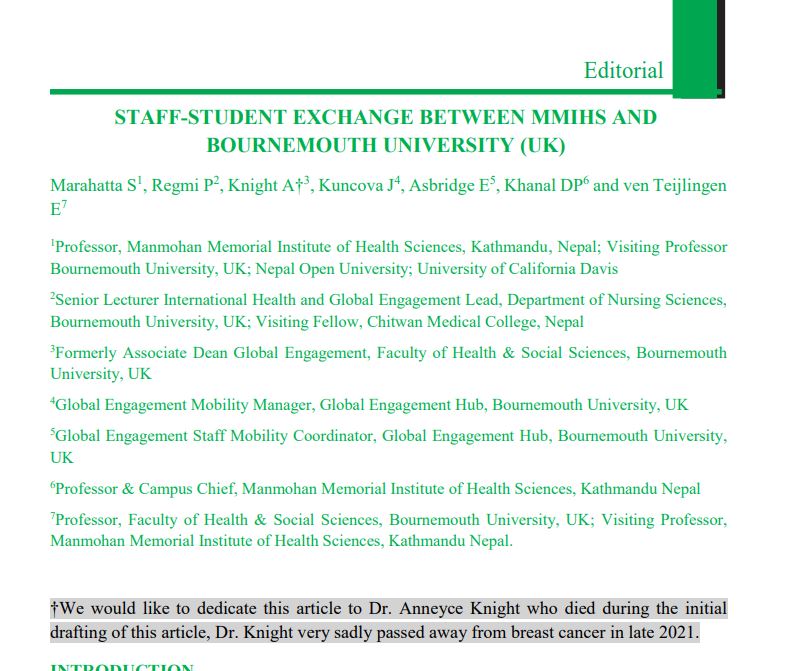
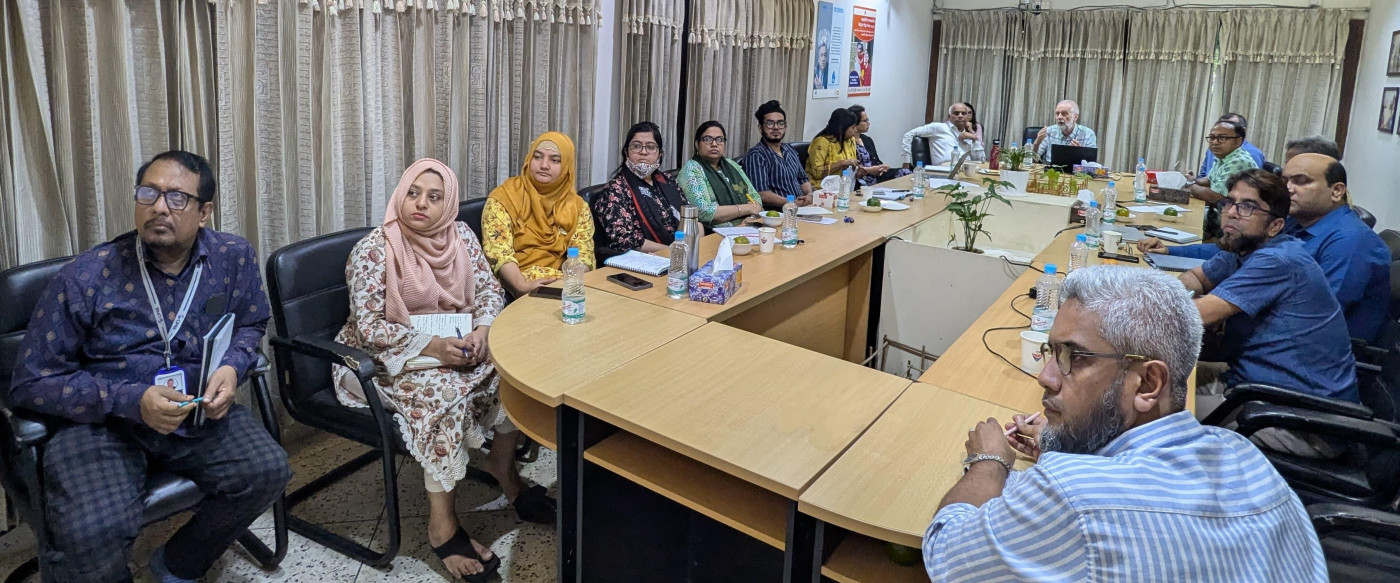
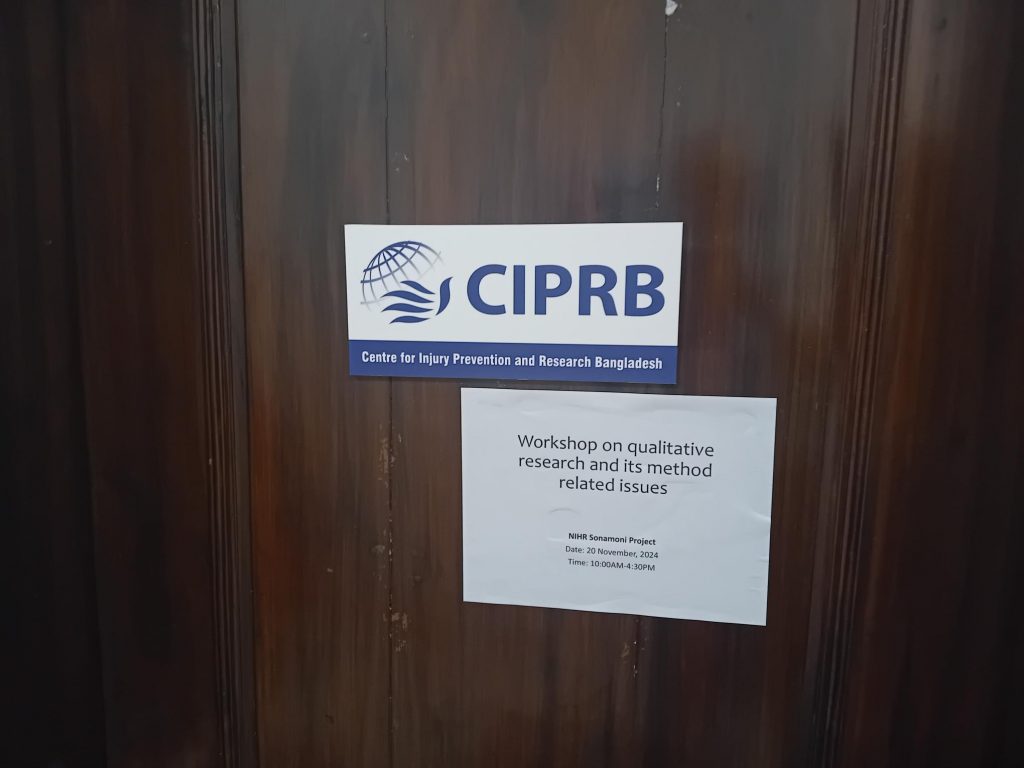

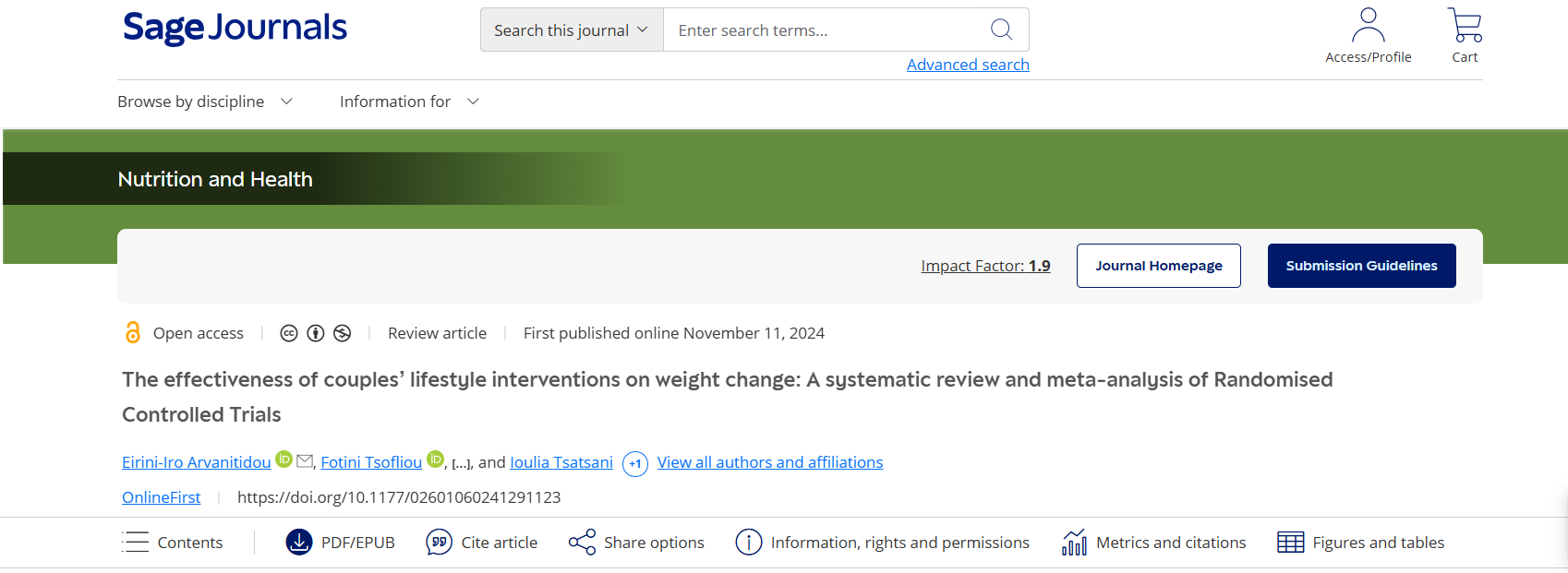
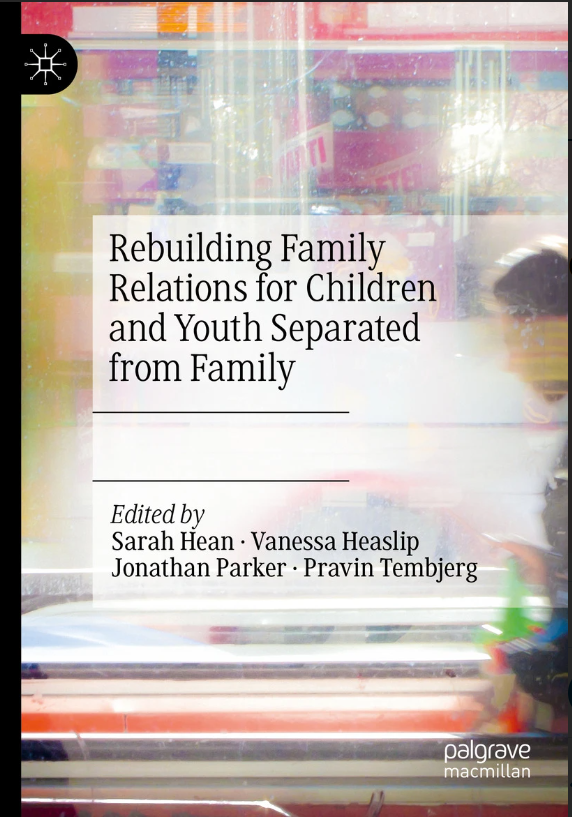



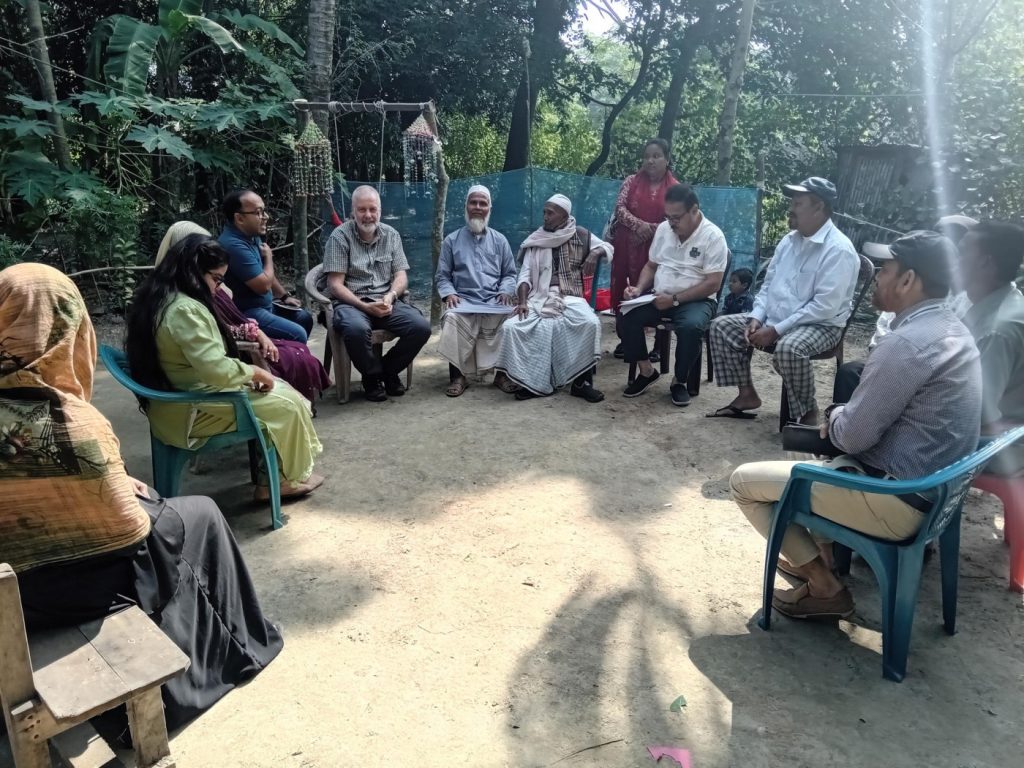
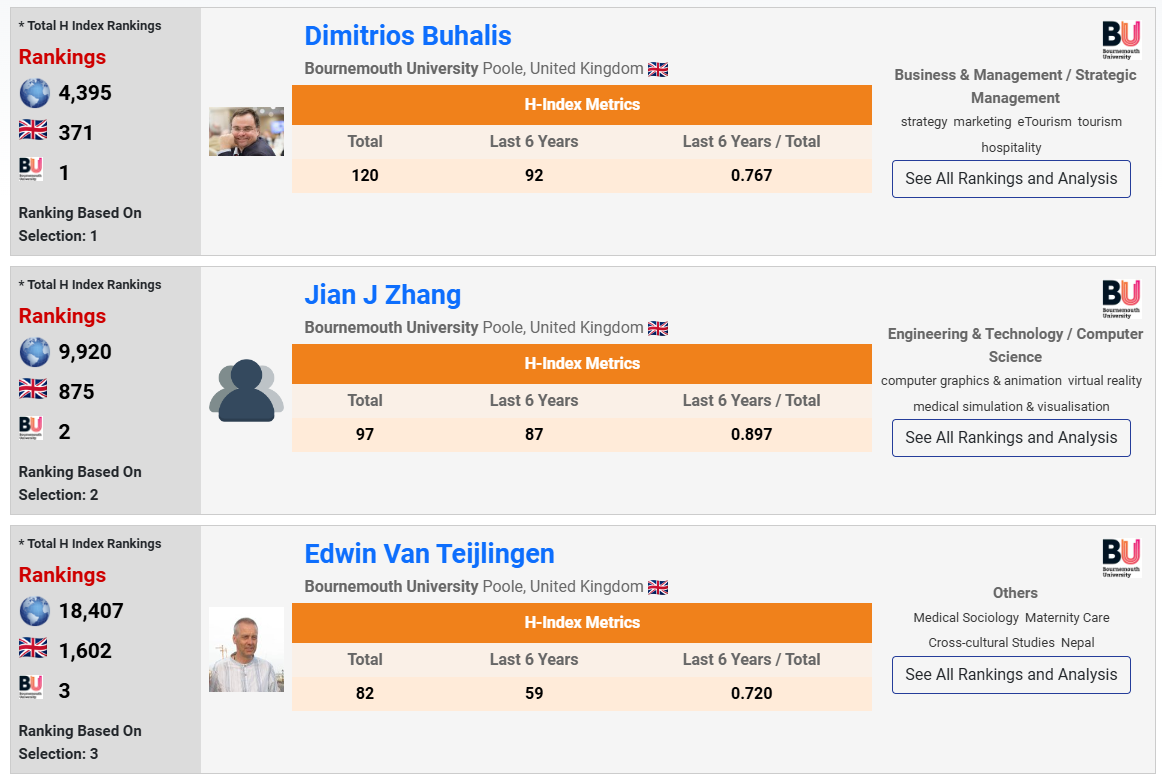
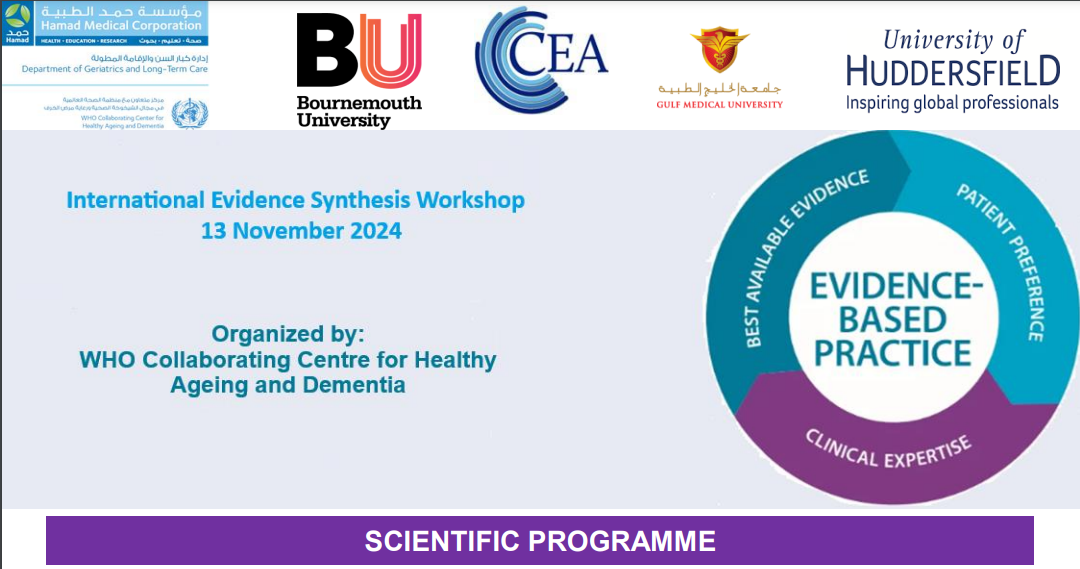
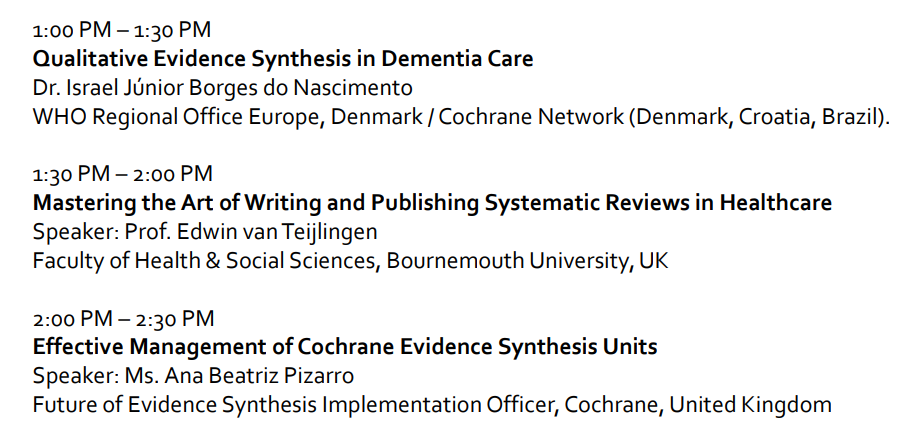
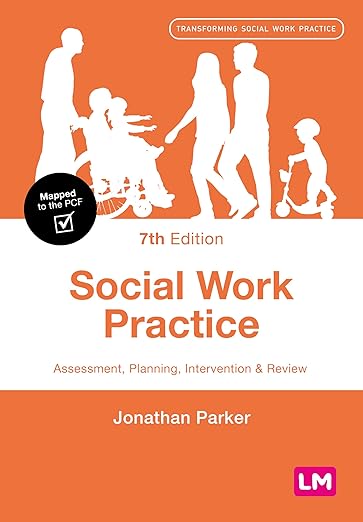
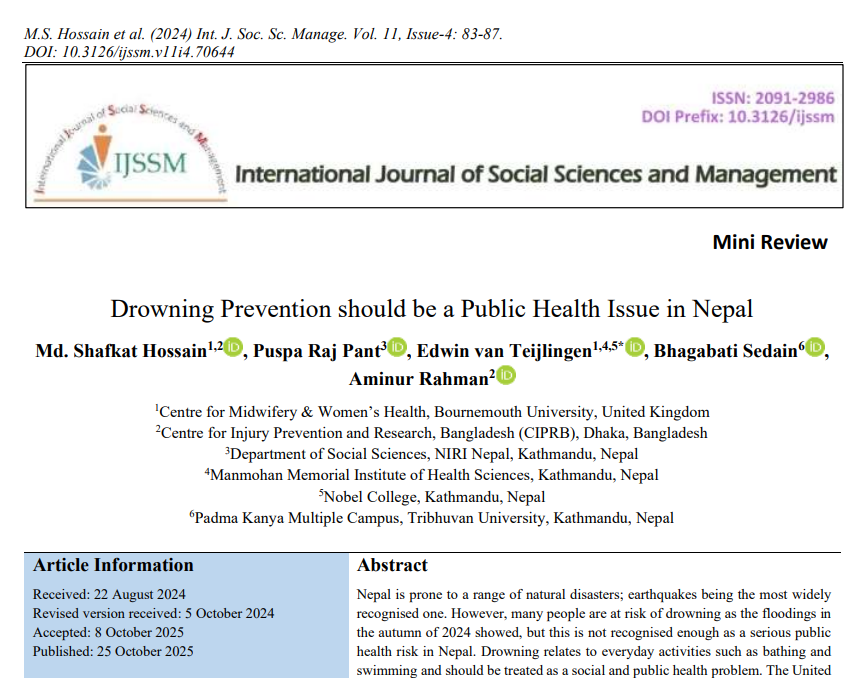
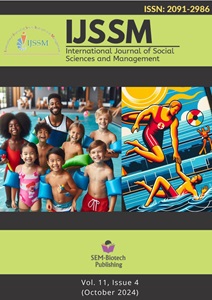

 The REF (
The REF (










 BU attendance at third annual GCPHR meeting in June
BU attendance at third annual GCPHR meeting in June Interactive Tangible and Intangible Heritage Applications – BU student work featured in new book chapter
Interactive Tangible and Intangible Heritage Applications – BU student work featured in new book chapter Second NIHR MIHERC meeting in Bournemouth this week
Second NIHR MIHERC meeting in Bournemouth this week MSCA Postdoctoral Fellowships 2025 Call
MSCA Postdoctoral Fellowships 2025 Call ERC Advanced Grant 2025 Webinar
ERC Advanced Grant 2025 Webinar Horizon Europe Work Programme 2025 Published
Horizon Europe Work Programme 2025 Published Horizon Europe 2025 Work Programme pre-Published
Horizon Europe 2025 Work Programme pre-Published Update on UKRO services
Update on UKRO services European research project exploring use of ‘virtual twins’ to better manage metabolic associated fatty liver disease
European research project exploring use of ‘virtual twins’ to better manage metabolic associated fatty liver disease